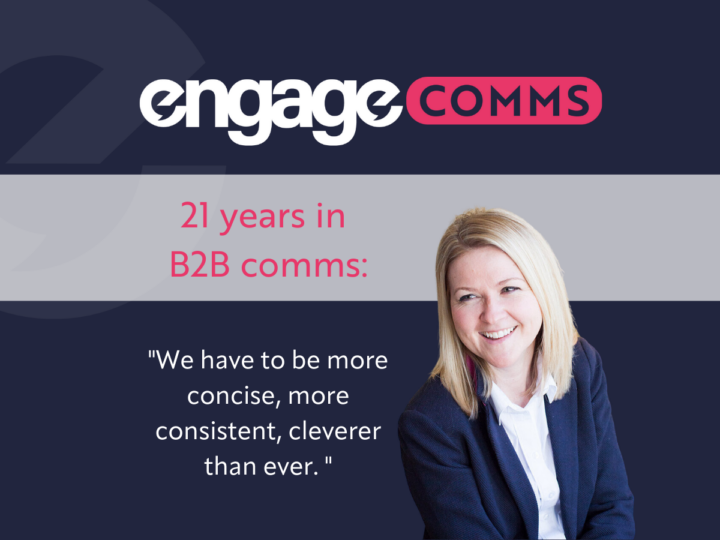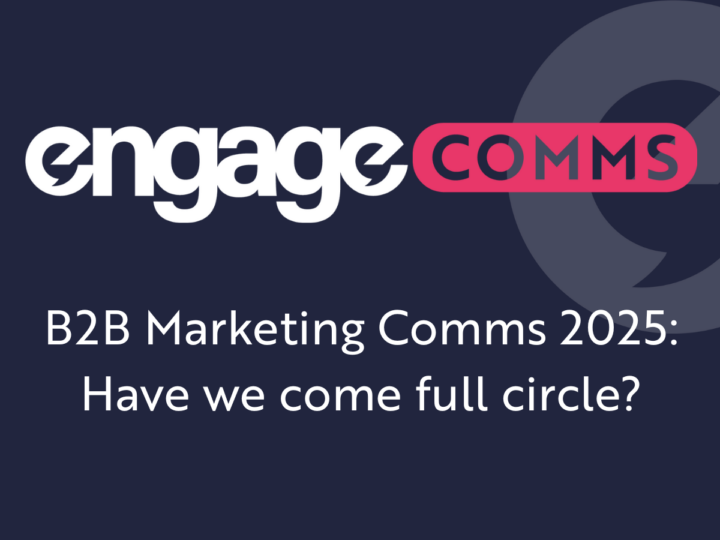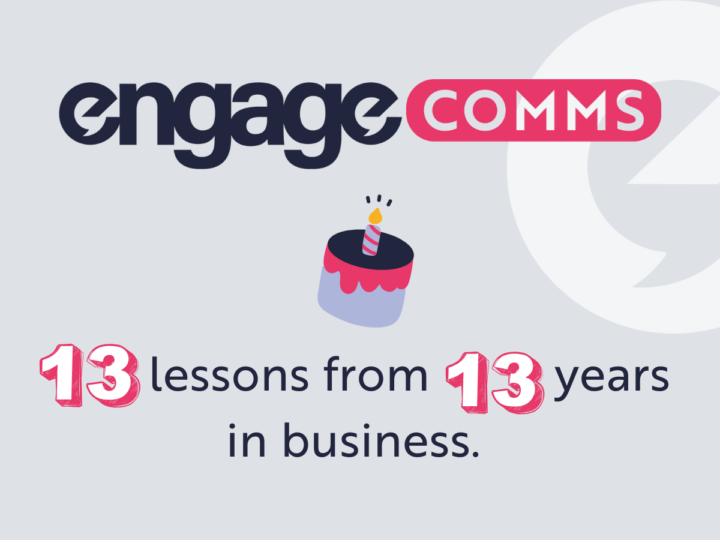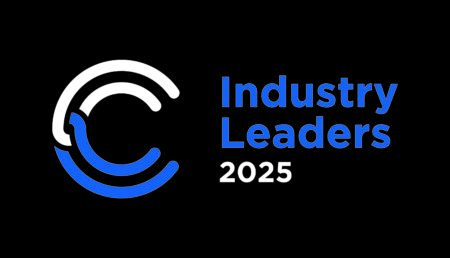As my business partner Helen recently (annoyingly) reminded me, it’s exactly 21 years since I got my first job in marketing comms at, what was then one of the North of England’s leading independent PR agencies.
Back in 2002, as a Junior Account Executive with a Law degree and no direct PR experience, I cut my teeth in the post room mailing press releases out to national, regional and trade journalists (wow, now I really feel old!). I was then thrust on to the phones to do media sell-ins. But these were way more than simple admin tasks; they required a good understanding of how the media/news agenda worked, creating a news ‘hook’, managing the PR-journalist relationship, knowing the client’s objectives and sector, and much more. It was certainly a steep learning curve.
My first client meeting at a law firm gave me a real insight into how complex B2B comms can really be. As the most junior person in the room alongside my colleagues and senior members of the client’s team, I tried to soak in as much information and insight as I could. Over the next 10 years, I worked my way up to Director level at my original employing agency that was, by then, part of a global network.
By 2012, digital and social media were growing rapidly and gradually being recognised as important tools for not just B2C but also B2B marketing comms. But well-established agencies were struggling to keep up and B2B clients were dubious of this brave new world. As a result, when it came to B2B ‘digital’ PR common sense and best practice business communications principles seemed to go out of the window and the focus became more on the ’techy’ aspects of communicating online. That’s when Helen and I decided to set up Engage Comms Ltd.
How we communicate for the B2B brands that we work with has been completely transformed since that time. We are no longer at the mercy of the business media’s news agenda. B2B brands in niche sectors can create, publish and share their own content with highly targeted audiences, and this opens up a world of opportunities for them. But what hasn’t changed is the same best practice principles upon which the whole discipline of marketing communications is founded on, from understanding your audience to making Pertinent Points Persistently (the three Ps). In fact, in an age of increased transparency and competition, these principles have become even more important.
Whether we are doing crisis comms training, a business development deck, building a website, or developing brand communications strategies and rolling out digital marketing campaigns, we make sure it is insight-based, outcomes-driven, people-centred, and fully integrated. And in 2023, most B2B organisations are waking up to this need for a strategic approach that has a long-term impact on both their commercial and social goals, rather than just chasing after ‘quick wins’. The world of B2B marketing comms certainly seems to be ‘maturing’ and everyone from senior management to frontline employees is recognising the need to take a cohesive approach.
We love working with organisations in niche sectors with innovative, technical products and services which are often very challenging to communicate. Breaking down complex messages into compelling stories is harder than ever in 2023. We have to be more concise, more consistent, cleverer than ever. But this means clients are putting more and more value on what we do given the direct, very measurable positive impact on their businesses and organisations.
Need a tried and tested, well established (or if I really have to say it more a ‘mature’) approach to your marketing comms? Get in touch.



